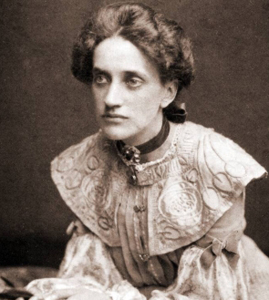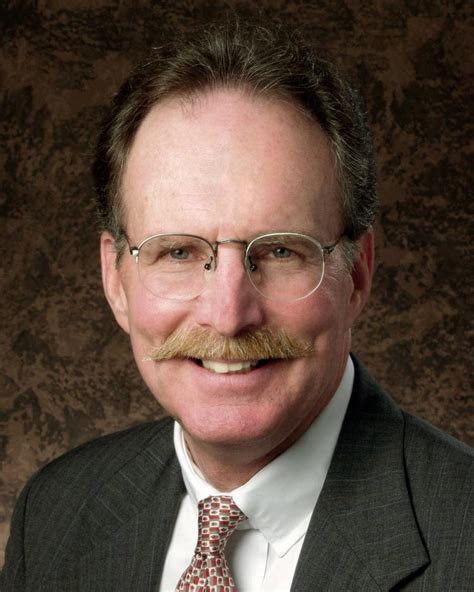A Quote by Trip Hawkins
We want to make as big a market as we can with our current product.
Related Quotes
In the digital universe, our personal history and its sense of narrative is succeeded by our social networking profile - a snapshot of the current moment. The information itself - our social graph of friends and likes - is a product being sold to market researchers in order to better predict and guide our futures.
Traditional sales and marketing involves increasing market shares, which means selling as much of your product as you can to as many customers as possible. One-to-one marketing involves driving for a share of customer, which means ensuring that each individual customer who buys your product buys more product, buys only your brand, and is happy using your product instead of another to solve his problem. The true, current value of any one customer is a function of the customer's future purchases, across all the product lines, brands, and services offered by you.
The Middle East would always be an important trading partner in just a market sense, like America is a big market for us, Asia is a big market, Europe is a big market. You are going to have hundreds of millions of consumers there, from just a standard market point of view, from a very narrow American point of view.
"(Big name research firm) says our market will be $50 billion in 2010." Every entrepreneur has a few slides about how the market potential for his segment is tens of billions. It doesn't matter if the product is bar mitzah planning software or 802.11 chip sets. Venture capitalists don't believe this type of forecast because it's the fifth one of this magnitude that they've heard that day. Entrepreneurs would do themselves a favor by simply removing any reference to market size estimates from consulting firms.
Socialized medicine allows a nation to exclude a U.S. product from its market if the U.S. firm does not make generous enough price concessions. Accordingly, what has developed is a system within which U.S. firms make large profits on new drugs in the U.S. market, but very low profits on sales everywhere else.
The current market cost for a space flight, about a week in space and about six people have gone with the Russians so far to the International Space Station; it costs about $30 to $35 million. So, it's not for the faint of heart. But our own market studies that we've commissioned as well as some public market studies all indicate that there are somewhere around 20 or so individuals every year who have both the means and the interest to do this. So, the market is definitely out there.



































